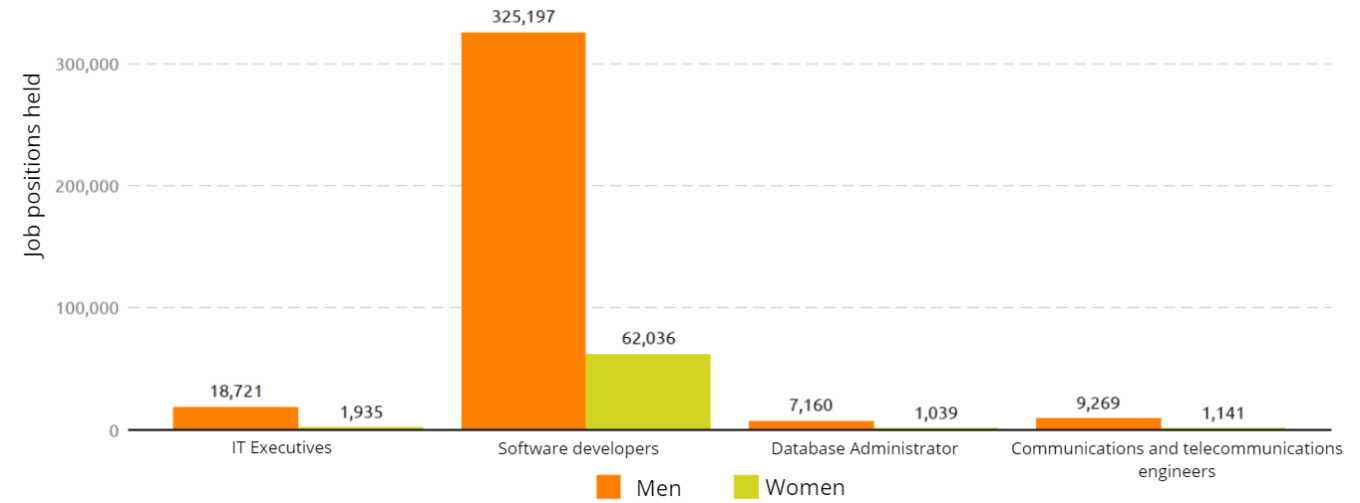Diversity and Inclusivity
Diversity and Inclusivity
In our team, diversity and inclusion are fundamental pillars that drive both our innovation and our daily interactions. We recognize that each individual, based on their background and experiences, has valuable contributions to offer, and their opinions have the potential to enrich any project. For this reason, throughout the development of Agropip, we have sought to create spaces to listen to various perspectives.
One of our first strategies to foster this plurality of ideas was to recruit people from diverse educational backgrounds. The team consists of professionals from the natural sciences, such as biology and chemistry, as well as students of political and social sciences, those interested in economics, and individuals with experience in engineering and programming.
This multidisciplinary approach aims to broaden the different perspectives and analyses that can be generated regarding a single issue, thus forming a transdisciplinary team that covers various areas of knowledge.
Additionally, we recognize that there are structural inequalities that lead to disparities in access to information and career choices. Such is the case with STEM in Mexico, where women’s participation in these fields of study has improved over the past few decades but still faces significant challenges.
In the workforce, only 3 out of 10 STEM professionals are women (IMCO, 2021). In computer science and information technology, only 26% of workers are women, according to data from INEGI (2023). In the field of software development, fewer than 30% of positions in the job market are held by women (CIEP, 2024).
Women and men in technology professions

Retrieved September 17, 2024, from Instituto Mexicano para la Competitividad (IMCO). (2021). En Mexico, solo 3 de cada 10 profesionistas en STEM son mujeres. https://imco.org.mx/en-mexico-solo-3-de-cada-10-profesionistas-stem-son-mujeres/
There are several factors that may be responsible for this disparity, such as:
Finally, unfortunately, gender disparity is not the only issue affecting access to opportunities in science: the LGBT community also faces structural inequalities. Acknowledging these inequalities, we have created a safe space in our team that respects all gender expressions and orientations, thereby helping to make science more accessible to all types of people.
We do this with the firm conviction that all voices deserve to be heard. By including more people with a broad range of individual experiences, we can improve the way science is conducted—one that is empathetic, respectful, and responsive to the needs of individuals, while also addressing the structural causes that perpetuate inequalities.
References
- Centro de Investigacion Economica y Presupuestaria (CIEP). (2024). Mujeres en la Ciencia y Tecnologia: Presupuesto para los desafios del mercado laboral.
- Instituto Mexicano para la Competitividad (IMCO). (2021). En Mexico, solo 3 de cada 10 profesionistas en STEM son mujeres.
- Instituto Nacional de Estadistica y Geografia (INEGI). (2023). Estadisticas sobre ocupacion y empleo, incluyendo desagregación de genero en areas STEM. https://www.inegi.org.mx/